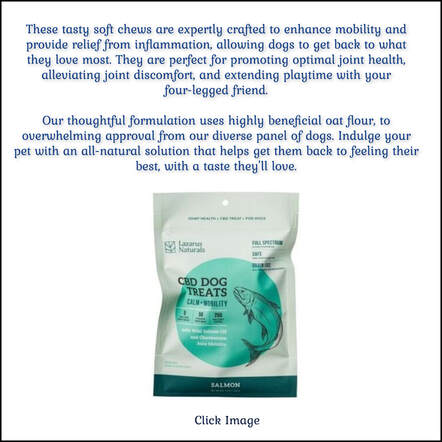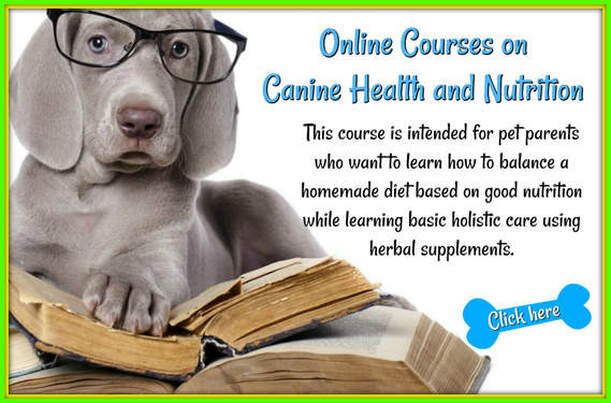Carrageenan Allergy Symptoms, Foods and Products With Carrageenan
By Nutrition Blog
What Is Carrageenan?
Carrageenan is a food additive. It is an indigestible polysaccharide extracted from red algae (seaweed), added to foods as a gelling agent or emulsifier (a substance that helps to mix fluids together). On the food labels, carrageenan may be listed as carrageenan (E407 in Europe) or Processed Eucheuma Seaweed or PES (E407a in Europe).
Carrageenan Dangers
FDA (U.S. Food and Drug Administration) has declared un-degraded or food-grade carrageenan as GRAS (Generally Recognized As Safe) to use as a food additive (1). In some animal studies, degraded (chemically changed) carrageenan has caused gastrointestinal ulcers and cancers. Some investigators think that during the digestion process undegraded carrageenan may become partly degraded, so its GRAS status should be reconsidered (2). Cancerogenic (cancer-forming) or ulcerative effect of carrageenan on the human intestine has not been proven so far, though.
Some people experience abdominal cramps after ingesting carrageenan, but this is more likely due to carrageenan allergy than ulcers.
What Is Carrageenan?
Carrageenan is a food additive. It is an indigestible polysaccharide extracted from red algae (seaweed), added to foods as a gelling agent or emulsifier (a substance that helps to mix fluids together). On the food labels, carrageenan may be listed as carrageenan (E407 in Europe) or Processed Eucheuma Seaweed or PES (E407a in Europe).
Carrageenan Dangers
FDA (U.S. Food and Drug Administration) has declared un-degraded or food-grade carrageenan as GRAS (Generally Recognized As Safe) to use as a food additive (1). In some animal studies, degraded (chemically changed) carrageenan has caused gastrointestinal ulcers and cancers. Some investigators think that during the digestion process undegraded carrageenan may become partly degraded, so its GRAS status should be reconsidered (2). Cancerogenic (cancer-forming) or ulcerative effect of carrageenan on the human intestine has not been proven so far, though.
Some people experience abdominal cramps after ingesting carrageenan, but this is more likely due to carrageenan allergy than ulcers.
Symptoms of Carrageenan Allergy
Sensitive individuals may develop one or more of the following symptoms within few minutes after getting into contact (ingesting, inhaling, skin contact) with carrageenan (3,4):
Severe immune response may trigger the release of substances that dilate vessels and thus cause a drop in blood pressure and resulting impaired perfusion of skin and brain. Symptoms of anaphylactic reaction include:
Sensitive individuals may develop one or more of the following symptoms within few minutes after getting into contact (ingesting, inhaling, skin contact) with carrageenan (3,4):
- Gastrointestinal Symptoms
- Nausea
- Vomiting
- Abdominal bloating
- Abdominal cramps
- Diarrhea
- Skin Symptoms
- Skin itch (pruritus)
- Hives (urticaria): pinkish bumpy or patchy skin rash
- Dyshydrotic eczema (chronic recurring translucent blisters on palms and soles)
- Respiratory Symptoms
- Difficulty breathing
- Wheezing
- Anaphylactic Reaction
Severe immune response may trigger the release of substances that dilate vessels and thus cause a drop in blood pressure and resulting impaired perfusion of skin and brain. Symptoms of anaphylactic reaction include:
- Pale or bluish skin (cyanosis)
- Confusion or loss of consciousness
- List of Foods With Carrageenan
Examples of foods that may contain carrageenan:
Dairy products: chocolate milk, eggnog, condensed milk, evaporated (canned) milk, milk powder, cheeses (such as cottage cheese, cream cheese), yogurts, spreads, whipping cream substitutes, puddings, whey
Dried nuts and seeds, nut spreads, almond milk
Fat spreads and fat-based desserts
Custard (frozen)
Sherbets, sorbets, ice creams
Dessert gels, fruit jellies
Processed fruits, jams, pie filling
Dried mushrooms, seaweeds
Soybean products, such as soy milk
Dairy products: chocolate milk, eggnog, condensed milk, evaporated (canned) milk, milk powder, cheeses (such as cottage cheese, cream cheese), yogurts, spreads, whipping cream substitutes, puddings, whey
Dried nuts and seeds, nut spreads, almond milk
Fat spreads and fat-based desserts
Custard (frozen)
Sherbets, sorbets, ice creams
Dessert gels, fruit jellies
Processed fruits, jams, pie filling
Dried mushrooms, seaweeds
Soybean products, such as soy milk
Canned vegetables, legumes, fruits, meats and fish
Pimento olive stuffing
Processed meats, edible sausage casings
Confectionery: chocolate
Ready-to-eat cereals
Pre-cooked pasta, soups
Rice pudding, rice cake, tapioca pudding
Pizza
Savories
Batters
Processed egg products
Vinegars, mustards, sauces (like barbecue), salad dressings, relishes and other condiments
Dietetic foods for weight loss
Infant formulas
Dietary supplements
Non-alcoholic drinks: energy and sport drinks, syrups
Alcoholic drinks: apple cider, perry (from fermented pears), mead, beer, distilled beverages, aromatized alcoholic drinks.
Pimento olive stuffing
Processed meats, edible sausage casings
Confectionery: chocolate
Ready-to-eat cereals
Pre-cooked pasta, soups
Rice pudding, rice cake, tapioca pudding
Pizza
Savories
Batters
Processed egg products
Vinegars, mustards, sauces (like barbecue), salad dressings, relishes and other condiments
Dietetic foods for weight loss
Infant formulas
Dietary supplements
Non-alcoholic drinks: energy and sport drinks, syrups
Alcoholic drinks: apple cider, perry (from fermented pears), mead, beer, distilled beverages, aromatized alcoholic drinks.
Other Products Containing Carrageenan
Pills and syrups (like cough syrup)
Toothpastes
Laxatives
Air freshener gels
Cosmetic products
Dog foods and other pet foods
Lubricants
Paints (water-based)
Pesticides
Shoe polish
References:
Carrageenan is GRAS, according to FDA (fda.gov)
Carrageenan has caused cancers and ulcers in animal studies (ncbi.nlm.nih.gov/pmc)
Anaphylactic reaction after barium enema (jacionline.org)
Foods with carrageenan (codexalimentarius.net)
Foods with carrageenan (fao.org)
Foods containing carrageenan (ncbi.nlm.nih.gov/pmc)
Pills and syrups (like cough syrup)
Toothpastes
Laxatives
Air freshener gels
Cosmetic products
Dog foods and other pet foods
Lubricants
Paints (water-based)
Pesticides
Shoe polish
References:
Carrageenan is GRAS, according to FDA (fda.gov)
Carrageenan has caused cancers and ulcers in animal studies (ncbi.nlm.nih.gov/pmc)
Anaphylactic reaction after barium enema (jacionline.org)
Foods with carrageenan (codexalimentarius.net)
Foods with carrageenan (fao.org)
Foods containing carrageenan (ncbi.nlm.nih.gov/pmc)
Carrageenan, an ingredient used as a thickening agent in many canned foods, has been associated with intestinal ulceration, inflammatory bowel disease (IBD), and acid reflux. See the following for more information:
















